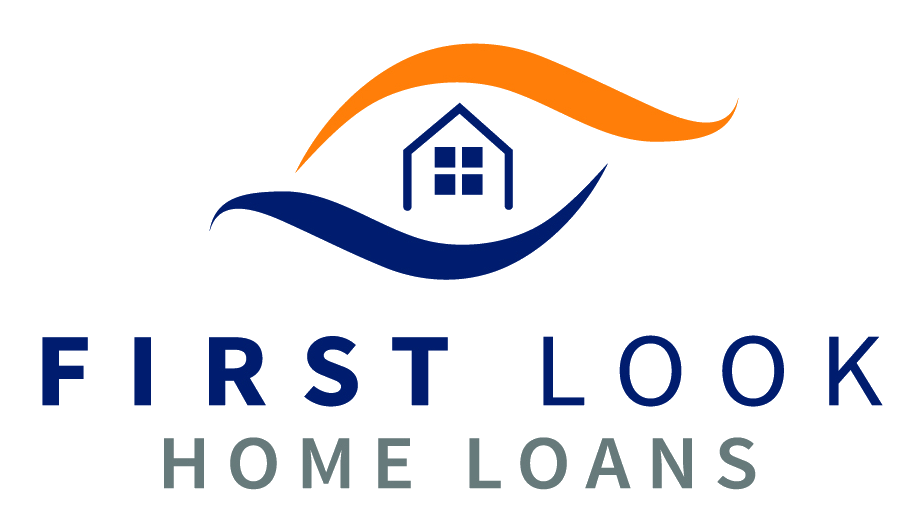Lenders look at three main factors when determining your interest rate.
- Credit Score – this is main qualifier of your interest rate. The higher the credit score, the more favorable the loan terms you can expect. Lower credit scores are ok, but you can expect higher rates and fees as compared to someone with excellent credit.
- Occupancy – how you occupy the home is another major factor in determining your interest rate. A primary residence home loan offers the lowest interest rate. If you are financing a vacation home or investment property, expect higher rates due to a higher risk of default since these aren’t homes you occupy and live in every day.
- Loan to Value – this looks at the loan amount relative to the value of your home or the purchase price. The larger the down payment, or equity you have in the property, the more favorable the interest rate and loan terms are. Larger down payments mitigate risk for a lender and for that, you can expect better rates.
Depending on the loan program you are going for, there could be different factors that determine the amount of impact you can see to the interest rate. Not all home loan investors apply interest adjustments the same. For instance, on government loan (FHA/VA), a larger down payment won’t improve the interest rate whereas on conventional, it makes a big difference.

